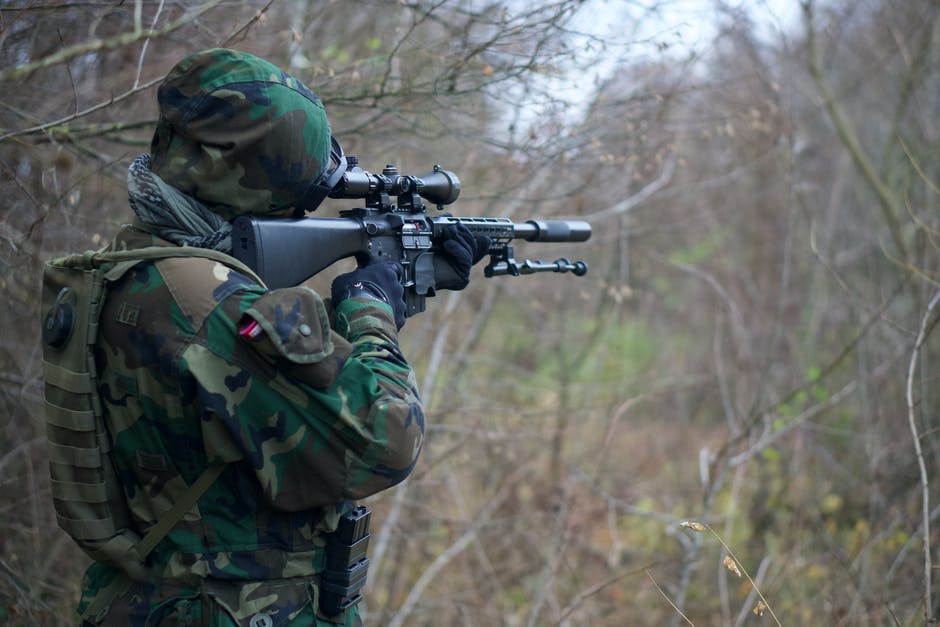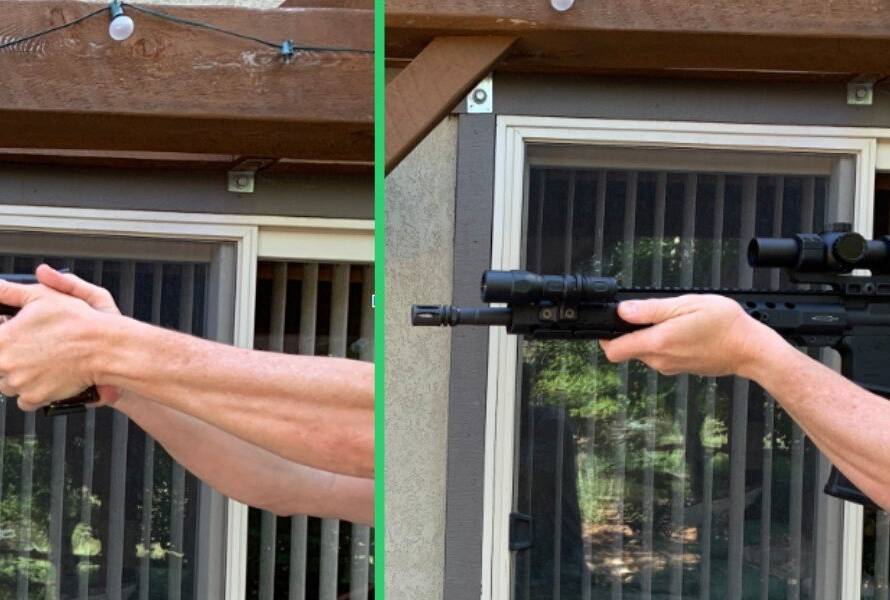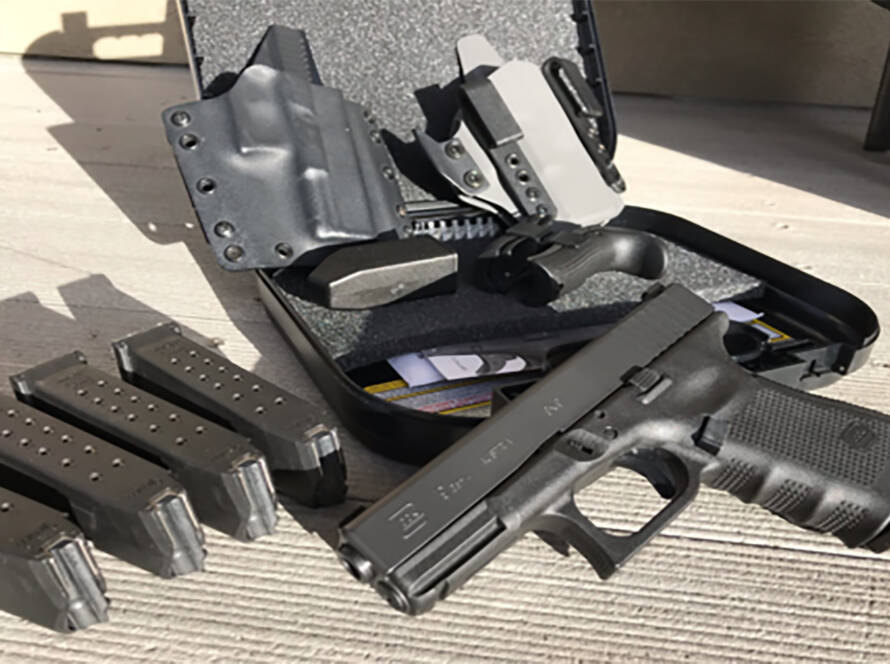Every year in the United States there are millions of rifles sold.
For many people, the purpose is hunting, personal defense, or long-range shooting competition. For all of these purposes, buying sniper scopes can be an important part of making your weapons system fully functional and ready to use.
Buying Sniper Scopes
The main reason why anyone would want to purchase a sniper scope is that they are interested in long-range accuracy. A sniper is, “A person who shoots from a hiding place, especially accurately and at long range.” Long-range accuracy is vital to many hunts and animal types and it is also vital to long-range shooting competitions. Here are a few things you should consider when purchasing your scope.
- Size of the Scope
There’s been growing popularity around larger scopes and for good reason. However, depending on your specific needs you may not need the largest scope, a smaller one may provide you with all the magnification you need. A lot comes down to the environment in which you’ll be shooting.
A one-inch tube scope is not going to weigh as much. If you anticipate that you will have to do a lot of hiking or managing difficult terrain, weight might be important to you. If you intend to shoot from sandbags or on a range, then the larger scopes, such as a 30mm or 34mm tube may be right for your needs.
- Changing Range Requirements
Not everyone needs to shoot the same distances. Of course, if you’re a competitor you understand what your needs are. However, if you’re getting into hunting or have begun to approach it with a serious demeanor, you may be about to shoot farther than you thought you would.
In this case, don’t forget that you can sell your old scope before buying a new one. This can help you recoup some of your investment, while still making sure that you get what you need. Scopes for hunting are vital for the serious hunter.
- What Light Conditions You’ll Experience
One of the best ways to understand how your scope will work in low light conditions is by understanding the “Exit Pupil”. In optics, you can divide the diameter of your objective lens by the magnification. The higher the resulting number, the better a scope will be in low light.
Knowing this simple trick can help you if you’re buying scopes online. You won’t always be able to test every snipe scope in the specific lighting conditions in which you’re going to be using them. Make sure that you get an appropriate scope for your shooting experience if you want to be at your best.
- Budget vs Need
It is safe to say that you probably won’t need the most expensive optic available. You could also say that when testing sniper scopes you won’t notice a big difference between various models. The key is to get what you need for the best price possible.
While it is unlikely you need the most expensive optic, it is also true that the least expensive is probably not what you want to get either. In a lot of ways you pay for what you get, which is true of buying sniper parts or firearms. Also, you might be surprised how many high-quality scopes go for between 300-500 dollars.
- The Reticle
One of the most important decisions you need to make before you purchase your sniper scope is what kind of reticle you are interested in having. Bullet drop compensator reticles are very popular, but so is the ever-famous mil-dot scope. One big deciding factor on this is whether or not you intend to shoot at moving targets.
The distance and the movement of a target are important in aiming. The reticle you choose will decide how effective you can be against a stationary or moving target at various ranges. You need to find something that you are comfortable using when you go shooting.
If at all possible, make sure to get some good range time with various scopes and reticles. This can be invaluable in deciding what works best for you. Getting good practice is one of the best ways to determine what you need, ask friends or associates what they use and why.
- Magnification
Remember, more is not always better when it comes to magnification. If you are sandbagging shots at 1,000 yds, you are going to need more than a 4x magnification. If you are traipsing through a thick forest looking for a deer, then a 24x magnification is going to make it almost impossible to hit anything.
A lot of it will be what kind of rifles you buy and use. A brush gun, like a 30.30 or a 45-70 is not going to require the same amount of magnification and can be hampered by too much. If you’re firing a 6.5mm Creedmoor, you may want to have something heftier that can really help you reach out.
- Quality of Your Rifle
The quality of your scope and your rifle will both go into determining how successful you will be. If you have loose scope rings, for instance, it could be impossible for you to properly set up and get your scope to work correctly. In this case, you’ll have to repair or replace the mounting system.
There’s no one magical scope that will work for every rifle. Mixing and matching, trial and error, these are all ways that the top shooters get to their best set up. If you have a top-of-the-line rifle, make sure it is designed to work with the scope you are buying, most will, but you don’t want to waste money.
Rifle Scopes and You
It can be an exciting time, getting a nice rifle and scope set up for long-range shooting. Buying sniper scopes doesn’t have to be stressful, as long as you keep in mind what’s important and how your situation is unique. If you have any questions, or if you want to buy or sell an optic, give RKB Armory the chance to help you.






1 Comment